Syntactic Aspects of Topic and Comment.
The book focuses on the syntactic behavior of argument noun phrases depending on their discourse status. The main language of consideration is German, but it is shown that the observations can be carried over to other languages. The claim is that discourse-new arguments remain inside the VP where they are base generated. The hierarchy of argument projection is claimed to be fix within and across languages. With the major attention to direct objects it is then argued that discourse-old, here called topical noun phrases undergo raising to agreement projections. This movement can be realized differently: scrambling, object agreement, clitic-doubling, differences in morphological case and stress pattern turn out to be analyzable as one underlying phenomenon. It is furthermore shown that many so-called subject:object asymmetries boil down to topic:non-topic differences, for example with respect to extraction. Thus, irrespectively of the argumental status discourse-new constituents do not act as barriers whereas topical arguments create (weak) islands.
{{comment.content}}
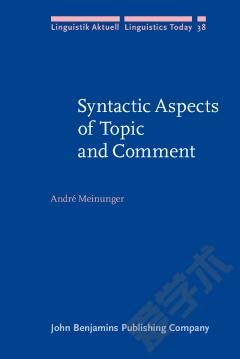
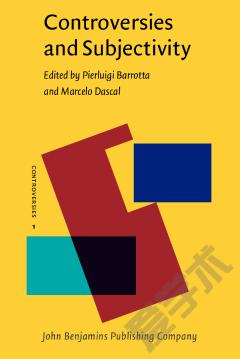

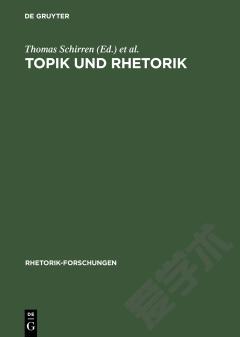
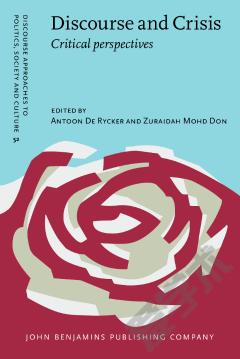
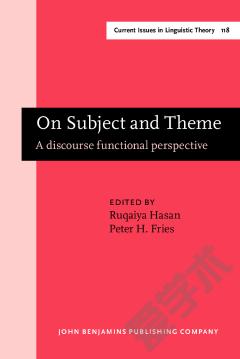


 京公网安备 11010802027623号
京公网安备 11010802027623号